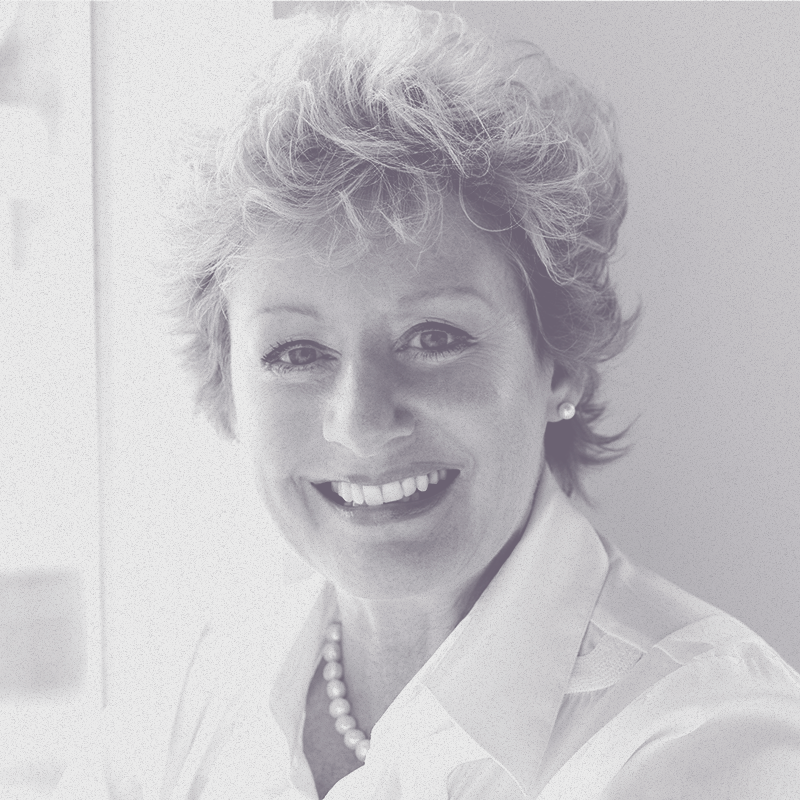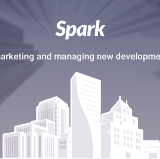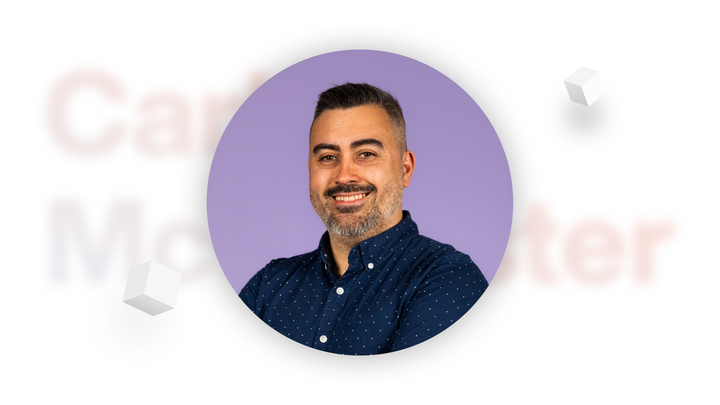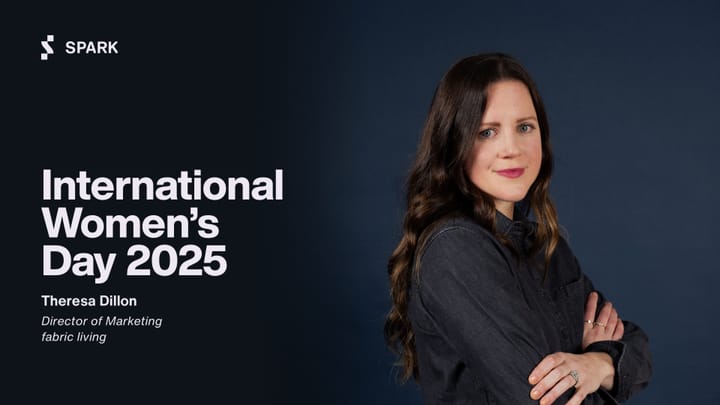Spark Spotlight: Diana McMeekin
Q&A with President of Artemis Marketing Group, Diana McMeekin

Q&A with President of Artemis Marketing Group, Diana McMeekin
Ms. McMeekin has grown her company, Artemis Marketing Group, into one which is renowned for its corporate position and branding work.
The team at Spark was humbled to have an opportunity to speak with Diana about her extraordinary career and the lessons she has learned along the way.
Q: Can you tell us a bit about how you got your start in the industry?
It was quite difficult in England in the early seventies. It was ‘the winter of our discontent’ and the economy was challenging. So, I decided to travel… 43,000 Miles, 7 months, 1,200 bucks. Toronto was one of the places I went to and I saw it as a place of great opportunity. So I moved there.
I had been connected with the property industry in London, but the big breakthrough was that I was involved in the first for sale mixed-use development in Toronto — comprising high end residential, retail and office. With very little experience I was thrown into the deep end and I enjoyed it.
I was asked to sell the residential, which was considered a near impossible sale then because it was Leasehold ownership which was unusual in Toronto. From there, at 25 I became a VP at that company, so that felt pretty good, and I was very lucky. That’s really how I started in the bigger picture, but I’d been in the periphery for a few years prior to that.
I was in Toronto for about 16 years working mostly in Residential Development and I worked in-house for a larger developer but the majority of the time I worked with a very small but pretty impressive Project Marketing company. All my projects were in the US, so every week, I was in Boston, Washington, New York or Chicago and I was able to run those jobs from a Marketing and Sales perspective largely from Toronto. In those days the condominium market in the US hardly existed. I worked on the second condo ever in New York — previously these sort of buildings were co-ops and people didn’t really know what condominiums were and they were not sure that they could trust that form of ownership.
It may surprise you but at that time the most experienced people in the Condominium World if you like, we’re actually in Toronto…
Q: Can you share a defining moment in your career that shaped you today? Perhaps a moment where it took great courage to suggest innovation, cause a shift in status quo or effect a positive change?
There are several moments for me personally, but I will say, I think probably the big thing was I had been in the industry for a long time already and in Vancouver for a while. I had a perfectly good job with a very good company but the corporate culture and scope didn’t really work for me; it wasn’t about money or anything like that, but I knew that in order to grow I needed something else.
I had no plans and I leapt into the void which is quite unlike me. That was pretty defining. I suppose it’s akin to moving to Toronto from the UK, which was also a leap. What I found fascinating is, you don’t really always know what people think of you until you take that sort of step without a plan. I was very fortunate because within 48 hours after leaping into the void, I’d received nine job offers, some of them local and some in the US.
I decided to take some time to consider them all, I gave myself three months and I met with everybody that I could. At one meeting, a very good friend of mine in our industry said to me, “I don’t think you should take any of these jobs. They’re all good, but I don’t think you should do that because I don’t think it’ll make you happy. What you should do is start your own thing, get one client and you will probably end up working with all of these people as a consultant and you’ll have much more fun.” That was the best advice I’ve ever received. And I went and got that one client; the rest is history.
That was a big moment for me.
I have another, but very different moment where a client of mine was about to launch their biggest project ever in downtown Vancouver, in what was then a marginal location, which of course has now become a very good location. Working with the designers and architect, we came up with an idea for doing very experimental floor plans and product design, and we built the whole marketing program around this innovative product.
A few days before we were due to open, the developer came in to walk through the presentation centre to make sure it looked good, and he started to think twice about the product. We are talking about the whole program going out of the window if that product is gone. So sometimes you need to have the courage of your convictions and lie on the railway track in an attempt to stop a bad decision. To my client’s great credit, he had the courage to say,” okay, you’ve convinced me we’ll do it” and it became the best selling project in town and won every award in the book, it was a fantastic success.
He wasn’t wrong to question it, but that “railway track” scene was fairly defining for me.
Q: What has driven your motivation to be, and stay, in the new development real estate industry?
I quote Thomas Jefferson, former president and a very extraordinary man, who once said “I may be an old man, but a young gardener I will always be,” and what he meant is that nature always had something to teach him.
Well, guess what? It’s the same with our industry. It’s going to change. It’s good that it changes, it keeps us healthy. It will surprise us just like nature, it will do things you never expect it to do. And that change is always happening. I think it’s fairly inspirational, it certainly keeps you up at night, but it also gets you up in the morning. So it’s truly engaging to me.
Q: What’s one leadership lesson you’ve learned in your career?
Leadership can mean so many different things for different people and also you need leaders for certain types of situations and not others. You could be a great Prime Minister for a certain time and a terrible one for another era.
But I think that there are three things I’d want to say to your subscribers:
1. Ask a lot of questions. Every city in North America is like a village, get to know your neighbours, build your network and don’t stay in a silo. With the Covid 19 pandemic it is very easy to stay in a silo because we can’t go out and meet people in the way that we used to. So, we tend to look inward instead of outward, and I think if you want to be a leader, you can’t stay in a silo, you’ve got to look out.
2. I truly believe in being a door opener. And by that, I mean help people who need some help. Everybody at some point in their career needs a little bit of help and advice. It costs you nothing, and it means everything to the one who needs some help.
Even when I was at the busiest time in my career, every two weeks, I either spoke to somebody on the phone, answered an email or had a cup of coffee with somebody who needed some help and advice. And now some of those people have advanced in their careers and are presidents and executives of companies. In turn, they have become my clients.
Now, that’s not why I did it of course, because it takes quite a long time from being very junior to become the president of the company, but that’s really why relationships for me have been so important. I get enormous satisfaction in watching the success of people I have assisted along the way.
I think it’s selfish not to give somebody help, if they ask for it. They have to ask for that help in the right way and they have to be respectful of your time, but make sure you give them something to go away with in terms of brainpower.
3. The last thing I would say is: Be good to people on the way up because you’re sure to meet them on the way down!
Q: What advice would you give to the next generation of female leaders who are determined to effect change?
I think you really need to love what you do: if you have no passion, you have no place. Get out of it; go and look in another industry because otherwise it’s a slog and it’s not interesting. Furthermore, you’re not going to be much fun to be around. I think that having that passion is very important.
I talked about asking questions before and I think it’s really okay to not know the answer. Many of us tend to be embarrassed when we don’t know the answer and it’s okay to say: “That’s a great question. No one asked me that before. Is that important to you?” Then go and get the answer and get back to them when you promised.
Something else I’ve found, and this very much a personal view, is that there is strength in silence:
For example, in the old days we were in big boardrooms and now we’re all clamouring for attention on this tiny screen; lots of young people are keen to show and prove that they are eager and bright, but sometimes they fail to shut up. In many meetings I have found that it is more powerful to be quiet whilst everyone is leaping in with their answers (some of them not completely thought through) and sometimes, your silence is in fact conspicuous.
If the leader of the meeting is a good leader, that leader will finally say: “what do you think?” That is your moment to speak up, “have you ever thought of doing this or have we done that?” And it’s your eureka moment when everybody is so exhausted from all their own ideas that they’re finally paying attention to yours.
Q: What excites you about the future of Real Estate and the market?
I think what excites me is that in difficult times there is opportunity, and obviously Covid 19 is a very difficult time providing us with a lot of challenges, and we have to change in order to meet those challenges. But, if it’s not COVID, it’ll be something else, other things will happen. So looking at the sea change as to how young people view housing and how they will now consider how they live, where they live, how they work etc. The home itself has become more central to life, which is an area that obviously interests me a great deal. It is a bigger focus for people of all ages.
So I’m excited by looking forward to seeing the changes in product planning, in locations that may have been overlooked in the past, rising up and becoming interesting centres, and I’m interested in seeing how my colleagues in the industry deal with that from a product perspective.
Loved this story and want to read more? Check out the other incredible women featured in our blog: Influential Women in Canadian New Development Real Estate.
About: Diana McMeekin
Diana McMeekin is a former member of the UDI Board of Directors, and has been in the development industry for close to 50 years. As President, and owner, of Artemis Marketing Group Inc., Diana has acted as an independent marketing and business strategy consultant for numerous Vancouver clients.
Although based in Vancouver, Diana has worked on residential and mixed-use developments in major cities such as Boston, Washington DC, New York, Chicago and Toronto. Additional commitments have been undertaken in Alberta, British Columbia, Washington State, Oregon, California, Colorado, Nevada and Dubai. During her career, Diana has also been a featured speaker at housing conferences in the United States, as well as at the MIT Center For Real Estate Development in Cambridge, Massachusetts, and the Simon Fraser Institute (Downtown Campus) in Vancouver, BC.



